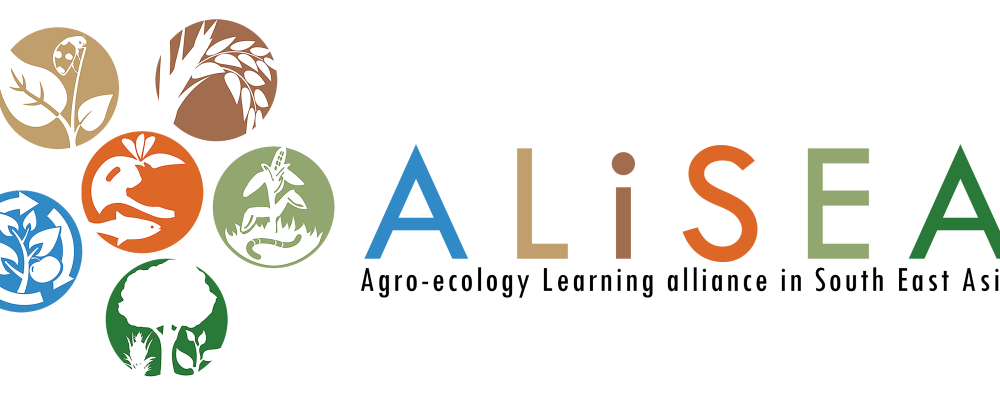GRET together with CIAT in the framework of the Agroecology Learning Alliance in South East Asia (ALiSEA) are planning to conduct an exploratory research initiative to quantify and map Southeast Asia’s pesticide usage.
The main objective of this exploratory research initiative is to get an initial appreciation of pesticide usage patterns in key agricultural crops within several SE Asian countries, and to visualize associated environmental risks and socioeconomic implications.
More specifically, this exploratory research initiative proposes to address the following objectives (each the focus of a subsequent priority action). Some of the objectives (a-b) will be addressed in priority and in the first part of this initial research and other (c-e) will come later.
- To consolidate and centralize available information on crop-specific pesticide use patterns, as obtained through multiple data sources, for a select set of agricultural communities in min. 3 different countries;
- To generate an accurate, fine-grained map of pesticide-usage patterns, as organized by crop, country, active ingredient and/or target pest (with particular attention of utilization of generic produce or banned substances);
- To develop initial environmental risk maps for different sets of commodities, farm typologies and geographies, and to make spatially-explicit inferences regarding the impact of pesticide use on farmer income and household economics;
- To gain initial insights into knowledge, attitudes and practices, related to pesticide use and pest management decision making among extension workers, pest management professionals, agro-chemical supplies agents, and farmers;
- To formulate scientifically-underbuilt recommendations for farm-level interventions to safeguard (or restore) agro-ecosystem health and ecosystem functioning
Expected Outcomes: By end of the first part of the research, a set of informative pesticide risk maps is available with different levels of spatio-temporal resolution.
Later on, an initial listing is done of potential constraints, knowledge gaps and appropriate intervention strategies for future farmer extension programs and R&D actions. Necessary materials are facilitated to generate country-specific policy-briefs, fact sheets and bulletins for different target audiences and stakeholders.
Principal Partnerships: Through the Agroecology Learning Alliance in South East Asia (ALiSEA) supported by GRET and CIAT, partnerships will be established with plant protection and extension agencies of each country, local universities, local NGOs and different types of grassroots organizations. Furthermore, strategic planning will be carried out together with the FAO Regional Asia-Pacific office.
If you are interested to take part to this study, you are more than welcome to join us ([email protected]).
More information about the background of the study here

